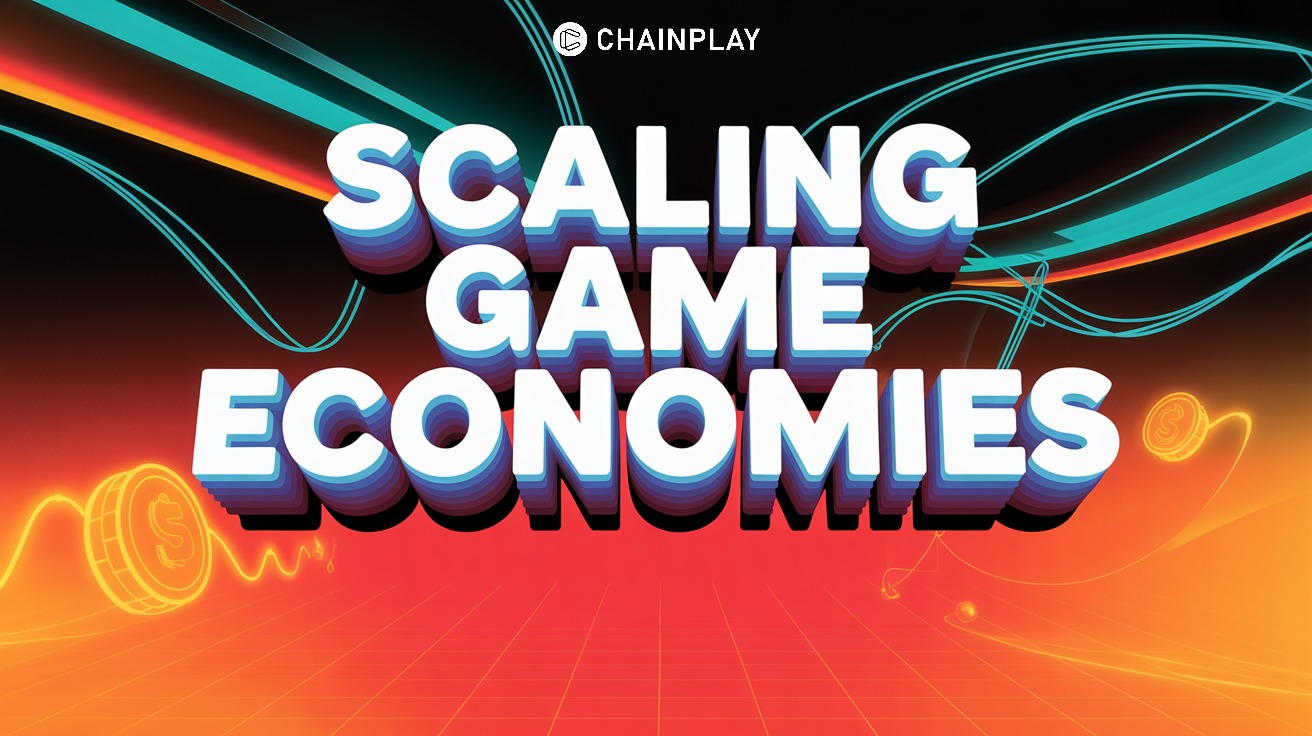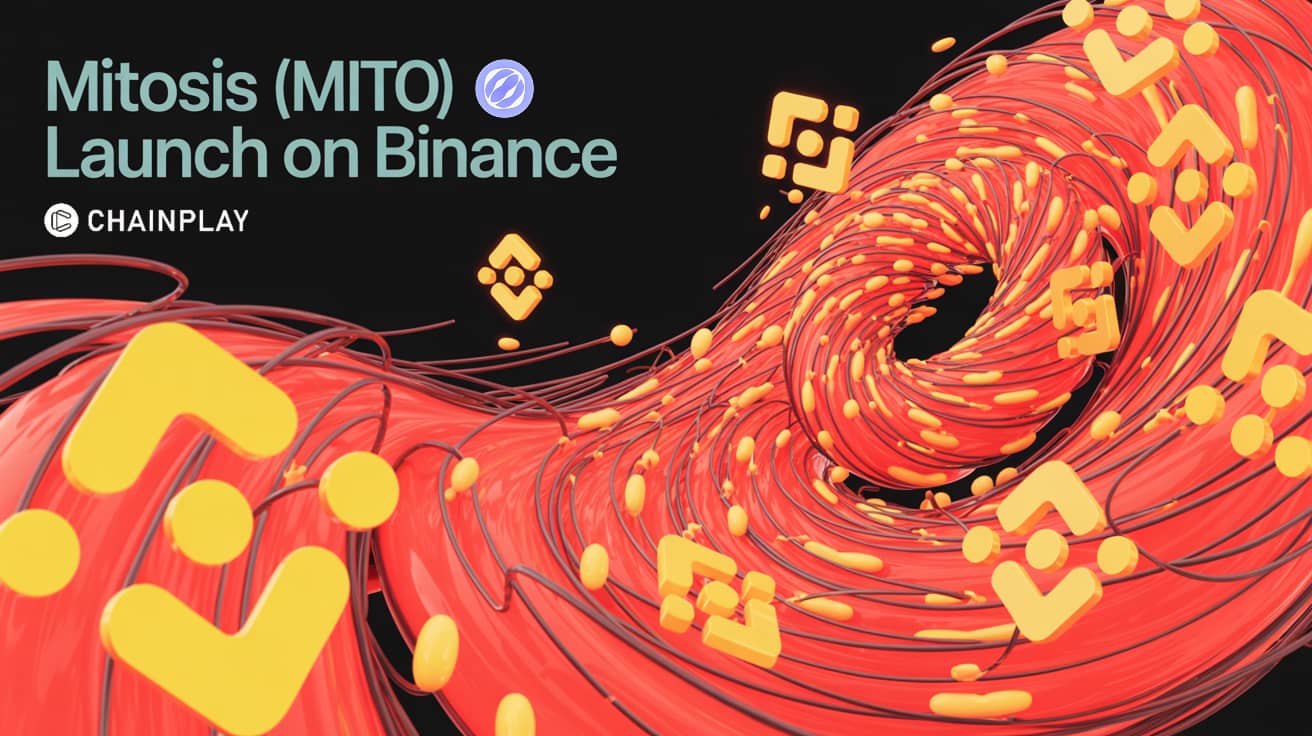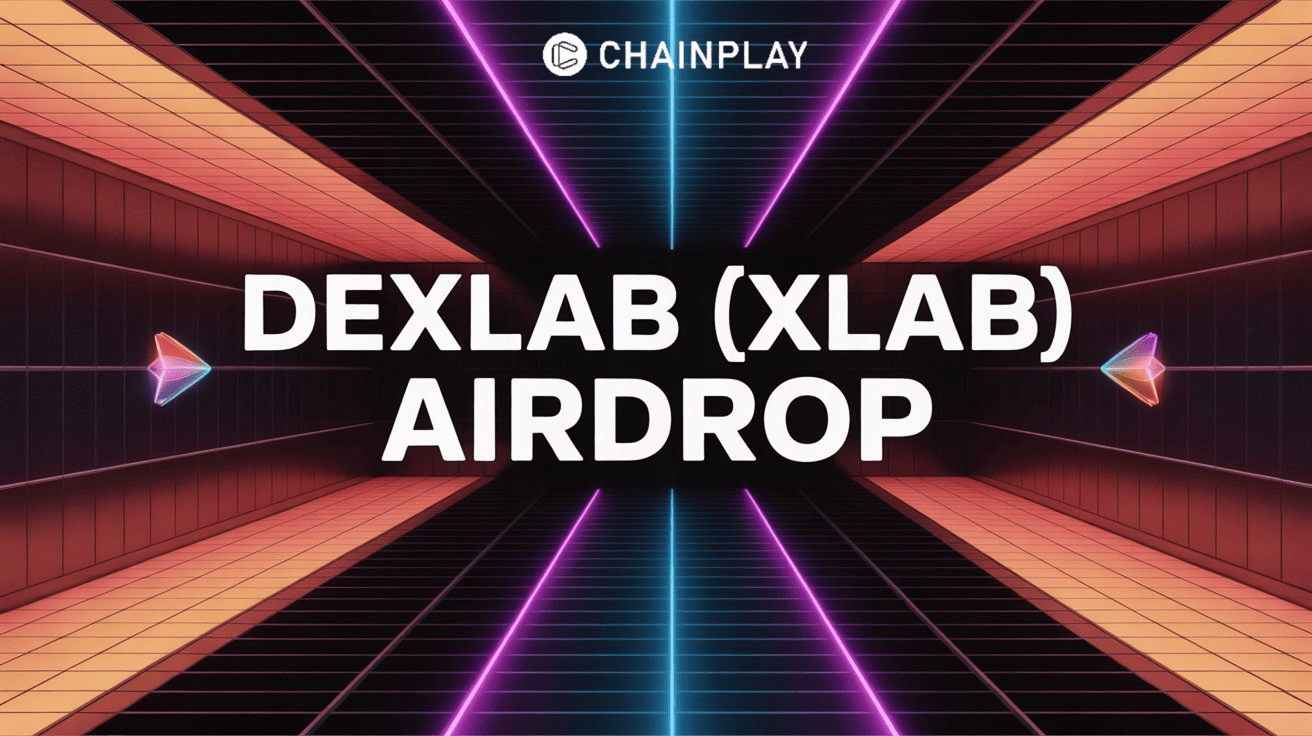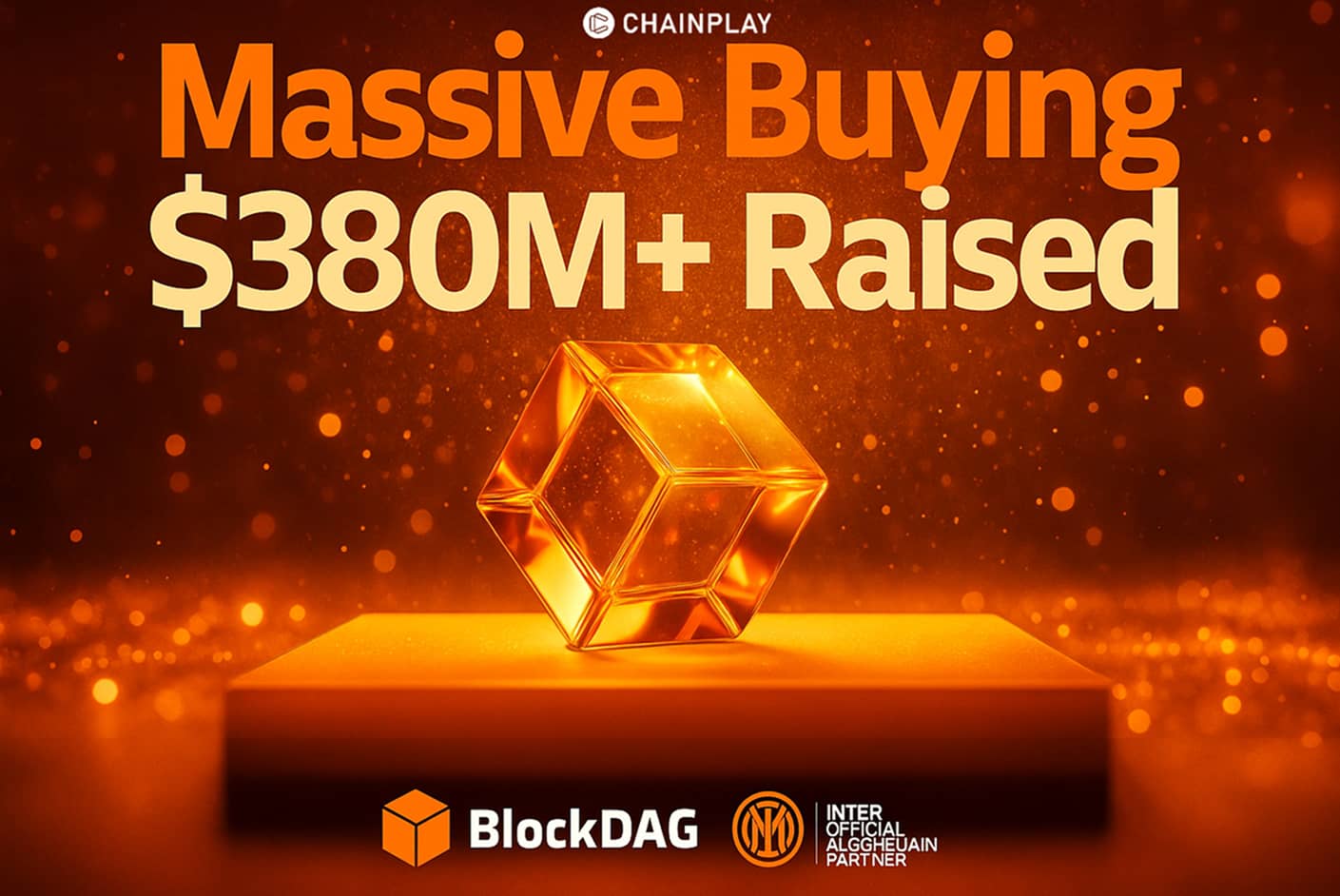News Sponsored
Scaling Game Economies with Mihee Park — From Zilliqa to Open Loot
ChainPlay
•
6 hours ago
Share :

As Web3 gaming evolves from speculation to infrastructure, one of the most pressing questions facing the industry is how to build scalable systems. For Mihee Park, CFO at OL (formerly known as Big Time Studios) - the creator of Open Loot, the leading Web 3 game distribution platform, and Big Time, the flagship AAA ARPG Web 3 game, and formerly CFO at Zilliqa, scaling a game economy means going far beyond tokenomics and into the core architecture of sustainable operations.
Her journey from Layer 1 protocols to live gaming platforms has exposed her to every layer of the platform stack—on-chain, off-chain, tokenized, and fiat-based. What she has seen, time and again, is that many of the bottlenecks in Web3 gaming are not purely technical but often financial and operational.
“One of the biggest financial bottlenecks I’ve observed is the misalignment between revenue models and game economies,” Park explains. “Many Web3 studios underestimate how fundamentally different these games are from traditional models, both in user behavior and financial dynamics.”
According to Park, even experienced developers and finance professionals can falter if they treat Web3 games like traditional products. Legacy frameworks break down quickly in player-owned ecosystems.
“Too often, teams assume that simply minting game items on-chain will create sustainable revenue,” she says. “But monetization in Web3 is far more nuanced, requiring a deep understanding of the interplay between gameplay incentives, tokenomics, and user ownership.”
Without that foundation, scaling becomes not just difficult, but dangerous.
“Without rigorous planning and an integrated financial framework, studios risk building fragile economies that are hard to scale and even harder to sustain.”
From Protocols to Platforms
Park’s current role as CFO at Open Loot is grounded in infrastructure, but her financial worldview was shaped earlier, at Zilliqa, where she worked at the protocol layer. That experience continues to influence how she approaches systems thinking inside application-layer companies today.
“Zilliqa, as a Layer 1 protocol, presented a unique challenge in that its growth wasn’t directly tied to a clear revenue model but rather to the success of its broader ecosystem,” she recalls. “Unlike application-layer projects, protocols require a more holistic view of financial performance, beyond just revenue or cost metrics.”
In protocols, success cannot be measured by product milestones alone. Health is distributed across multiple layers—validators, token holders, developers, and dApps. And while token price might seem like the primary metric, Park argues it can be misleading.
“Some view token price as the ultimate barometer of protocol health. While price signals matter, they’re only one piece of the puzzle and can be misleading in the short term,” she explains. “What truly matters is sustainable economic value, and that requires well-aligned token and non-token strategies across the protocol’s ecosystem.”
That systems-level rigor now informs her approach to platform infrastructure at Open Loot.
“This multi-layered financial complexity closely mirrors what we see in Web3 gaming, where both on-chain and off-chain systems interact in real time,” she says. “My experience at Zilliqa taught me how to build resilient technical and financial infrastructure in a decentralized environment, which became foundational when scaling Web3 gaming economies like Big Time.”
Bridging Finance and Product at Big Time
Park’s move from protocol to game studio brought her even closer to the daily operational complexity of player-facing systems. At Big Time, she joined at a critical moment, just before the launch of the studio’s live Web3 economy.
“When I joined Big Time, we were still in early access, and the Web3 economy hadn’t launched yet,” she says. “One of the most urgent priorities was building a robust system for transaction tracking and financial reconciliation—not only for fiat and crypto payments, but also for digital asset flows within the game.”
That meant diving deep into how gameplay and finance connected—literally mapping every in-game action and item mint to its economic impact.
“We had to validate the entire economy—every in-game action, asset mint, and marketplace transaction—and map it to its economic implications,” Park explains. “This meant working deeply with both the economy design and engineering teams to ensure the tech systems we built were scalable, transparent, and compliant.”
At Big Time and Open Loot, Park operates in a product-aware, engineering-integrated finance role—one where technical literacy is just as critical as accounting discipline.
“In Web3 startups, titles mean less than skill sets. Everyone is hands-on and technical, and finance is no exception,” she says. “To succeed, you must understand how the product works at a technical level. Only then can you build the financial backbone that supports both rapid growth and regulatory readiness.”
Balancing Innovation with Regulation
With experience in both protocol and product, Park brings a rare ability to balance long-term innovation with short-term execution. In a sector where teams often move fast and deal with consequences later, she brings a philosophy grounded in adaptability and responsibility.
“I follow the rule of ‘3 Ps’: be pragmatic, proactive, and prudent.”
Those principles are more than just theoretical. They guide day-to-day decisions on platform development, compliance architecture, and token operations.
“First, pragmatism means choosing innovations that are not only novel but also executable. In Web3, timing is critical—you need to ship without compromising on fundamentals.”
Being early is not enough. Teams need to deliver without skipping the hard parts. That’s where proactive thinking comes in.
“Proactivity is about anticipating regulatory trends,” she says. “While crypto regulation is still evolving, there are parallels in traditional sectors that can guide how we prepare. If you understand the principles behind compliance—like transparency, fairness, and user protection—you can build ahead of the curve.”
Finally, Park brings the conversation back to execution, where most projects succeed or fail.
“Whether you’re a scrappy startup or a leading protocol, being sloppy is never excusable,” she says. “Innovation doesn’t mean cutting corners—it means creating solutions that are true to your business and sustainable over time.”
Scaling Is Not Just About Growth
For Mihee Park, scaling game economies and infrastructure is not about going viral or launching the next big drop. It is about designing product systems that can survive user demand, regulatory scrutiny, and technical complexity. It means connecting gameplay to revenue in ways that are both transparent and resilient.
From Zilliqa to Big Time to Open Loot, her perspective has evolved, but the core principle remains the same.
True scale is not how fast you grow.
It is how long you last.
Share this article
#Other
Latest News

SWLMiner’s Cloud Mining Contracts Promise To Earn
4 hours ago

Scaling Game Economies with Mihee Park — From Zilliqa
6 hours ago

Mitosis (MITO) Launch on Binance Alpha on August 28:
12 hours ago

Dexlab (XLAB) Airdrop: Official Launch on Binance Alpha
21 hours ago

BlockDAG’s $385M Surge Roars Louder Than Solana’s Breakout
yesterday
Related articles

The last few years have seen a rise in the number of new blockchain projects pushing the boundaries of decentralized finance, Web3, and user engagement. One of the latest promising projects gaining attention is Mitosis (MITO), which Binance has announced will launch on its Binance Alpha platform on August 28, 2025.
ChainPlay
•
12 hours ago

SWL Miner is a U.K.-registered cryptocurrency cloud mining platform that offers secure, low-barrier access to digital mining services.
ChainPlay
•
4 hours ago



